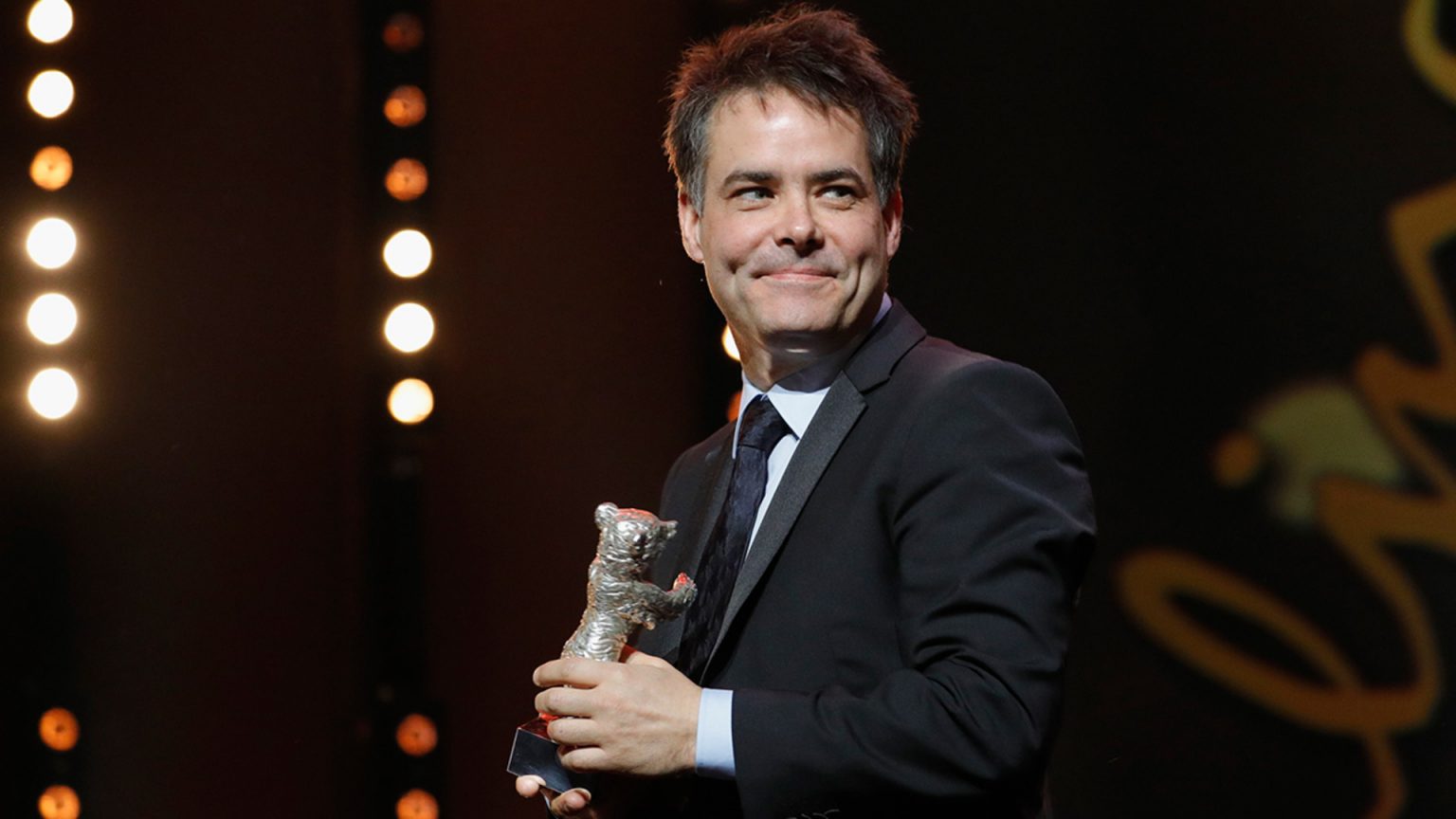On the heels of a “Best Foreign Film” Oscar, Sebastián Lelio got to work. “Right away,” he said. There was no time to waste for the Chilean visionary. Lelio’s modus operandi is to continue forward, to produce and make more and more films.
Disobedience, which is now out in theaters, is the sixth feature from the auteur. Starring Rachel Weisz and Rachel McAdams, it tells the story of an ostracized woman returning to a home that doesn’t want her. Her “crime” was one of passion—attraction to another woman.
Lelio previously explored the complexities of a transgender waitress in A Fantastic Woman. His next project, Gloria, is about a fifty-something woman who looks for love in LA nightclubs. There’s a pattern here: Lelio tactfully and intimately creates worlds led by women.
When we sat down, Lelio discussed the terror he feels on set, the best piece of filmmaking advice he’s ever received, and why he thinks it takes the same amount of effort to make “a lazy film” as it does “a great film.”
Sam Fragoso: Disobedience is your sixth film. When you’re in the act of making it, did you feel good about what you were doing on set?
Sebastián Lelio: Never! I never feel that way while shooting. That only happens in the editing room. I don’t allow myself to even consider that it’s good because that would become distracting.
It would distract you because thinking something is good means you won’t try as hard?
Yeah, it can make you lazy.
Have you always been this rigorous with yourself?
I don’t know if it’s being rigorous or just a way in which I operate. While shooting, I’m so focused on each scene and each scene feels impossible when you start to make it. I don’t have time to think too much…it’s like being in survival mode. Whatever you think about the film is in a certain way irrelevant at that point. The only thing that matters is getting the next scene right. Don’t get me wrong, I do have fun and I really like working with actors. I try to create joyful sets, but filming is hard. What I get the most amount of pleasure from—or joy—is really the editing process. That’s when you’re finally alone with your editor, and then you’re really playing with the material and you can make things fly.
You’ve made so many wonderful films to this point. What’s the best piece of advice you’ve received from another filmmaker?
Well, I remember asking Abdellatif Kechiche, director of Blue is the Warmest Color—he won the Palme D’or—I remember asking him just in a random conversation, “So what are you doing next?” He started talking a little bit about his project. I asked him, “But aren’t you petrified after your big success?” and he said to me, “Yes, but I’ve always been petrified. That’s part of the game. If I wasn’t petrified, I would be really, really petrified.” I don’t know if it’s advice or commentary, but it describes the nature of this game because you have to be stepping into unknown territories, otherwise it doesn’t make any sense. Making a film is so hard that you have to have that feeling that you’re risking everything to hopefully capture something beautiful. And on the other hand, it takes a similar amount of effort to make a bad film as to make a good film, so why not try to make a good one, you know?
Do you think it takes a similar amount of effort?
Oh yeah. It requires an absurd amount of energy even to make a lazy film. So I think it’s better to try to risk and hope that you will discover a few gems on the way.
Do you remember a moment in your life where you wondered, “I don’t know if I can keep trying to make movies? I don’t know if I can do this anymore, it’s so painful.”
Yeah, there was a moment like that. [laughs] But I guess I’m stubborn and just insisted. But of course. Especially at the beginning, coming from Chile it wasn’t easy to take off, you know what I mean? But it’s all about resistance. It’s like boxing. There are lots of rounds.
What was happening when you first started out?
I have been lucky because I have been able to make films, and I made three small films before making Gloria in Chile. That was a miracle and I was very, very grateful, but then Gloria happened and that was in a certain way a game-changer. Then many doors opened after that and I finally knew things were possible. Before that, it was really a matter of resisting and resisting until—what? Back then I didn’t know what, I was just following my passion and my instincts and now I’m in a very different position. But you know, nothing is guaranteed so I won’t blink. I’m very grateful to have the chance to continue filming. I think the biggest reward is earning the right to keep going, to keep filming. That’s very exciting and that generates a lot of energy, so I’m very grateful for that.




